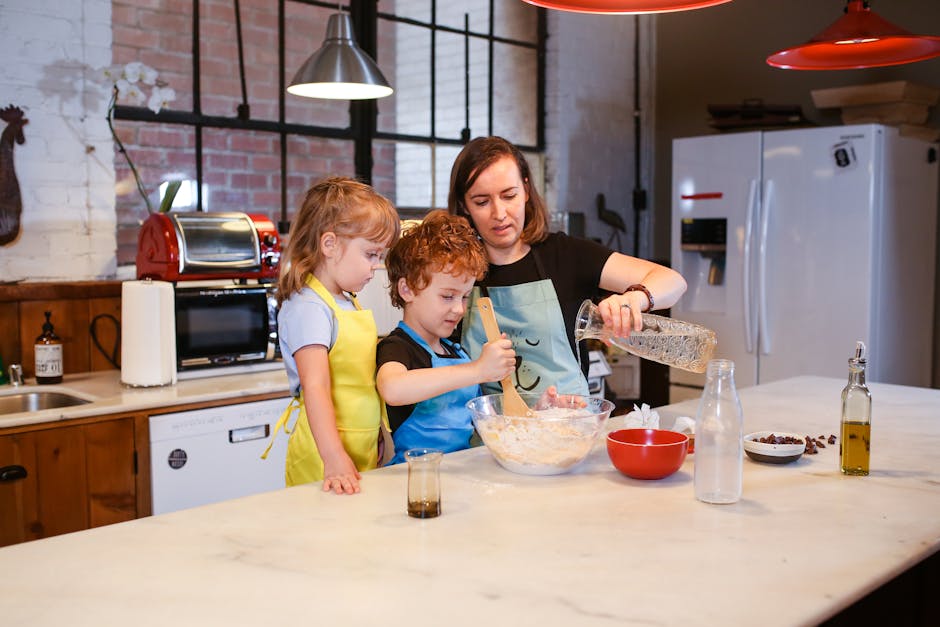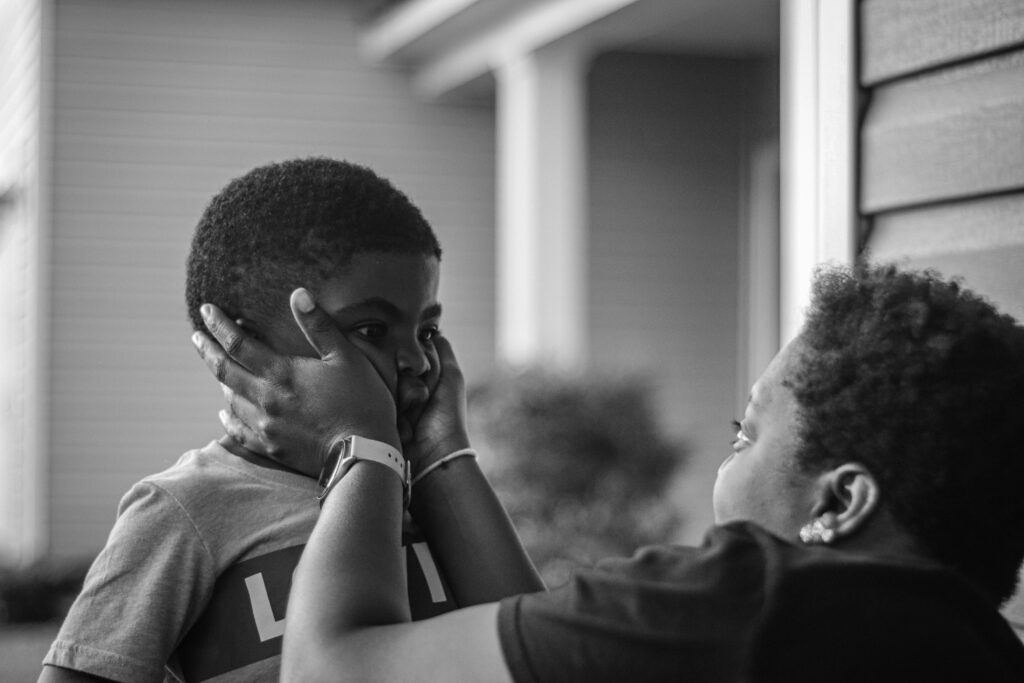Navigating the complexities of blended family dynamics can significantly influence a teenager’s mental well-being. As a parent, understanding the unique challenges that arise in these situations is crucial for supporting your teen’s mental health.
In this article, I’ll delve into the impact of blended family life on teenagers and provide valuable insights for parents looking to create a positive environment for their children. From adjusting to new family structures to managing conflicting loyalties, teens in blended families often face a myriad of emotional stressors.
By recognizing the signs of potential mental health issues and fostering open communication within the family, parents can play a pivotal role in helping their teens navigate these challenges. Join me as we explore practical strategies and essential tips to support your teenager’s well-being in a blended family setting.
Understanding Blended Family Life
In my experience, navigating blended family life can be both rewarding and challenging. It’s essential for parents to understand the unique dynamics at play in a blended family to support their teen’s mental well-being effectively.
A blended family, comprising a parent, a stepparent, and children from previous relationships, brings together different backgrounds, expectations, and parenting styles under one roof. This confluence of individuals can give rise to a variety of complexities that teenagers may find overwhelming at times.
Understanding the intricacies of blended family life involves acknowledging that teens in these families may experience a range of emotions that can impact their mental health. Adolescents often grapple with feelings of loyalty towards both biological parents while trying to form new relationships within the blended family unit.
This internal conflict can lead to stress, anxiety, or even feelings of isolation if not addressed with sensitivity and understanding. Therefore, being attuned to the emotional challenges faced by teenagers in blended families is crucial for parents looking to provide meaningful support.
Factors Influencing Teen Mental Health
Blended family dynamics can significantly influence a teenager’s mental health. Understanding the effects of these dynamics is crucial for parents to support their teens effectively.
Effects of Blended Family Dynamics
Blended family dynamics, encompassing various backgrounds and expectations, can introduce emotional complexities for teenagers. These dynamics may manifest in feelings of loyalty conflicts between biological parents and new family members, impacting teens’ emotional well-being.
Impact of Parental Relationships on Teens
Parental relationships play a pivotal role in shaping teens’ mental health within blended families. The quality of parental relationships, including communication, respect, and support, directly impacts teenagers’ emotional resilience and ability to navigate the challenges of blended family life.
Recognizing Signs of Teen Mental Health Issues
In identifying signs of potential mental health issues in teenagers within blended families, it’s crucial to stay vigilant for any deviations from their typical behavior. Adolescents may exhibit various signals that could indicate underlying mental health challenges. Some common signs to watch for include:
- Changes in behavior, such as increased irritability, mood swings, or sudden withdrawal from family activities.
- Decline in academic performance or loss of interest in previously enjoyed activities.
- Persistent feelings of sadness, anxiety, or hopelessness that interfere with daily life.
- Physical complaints like headaches or stomach aches that have no medical explanation.
- Substance abuse or risky behaviors that seem out of character.
As a parent in a blended family, recognizing these signs early on and taking proactive steps to address them can significantly impact your teen’s mental well-being. Open communication, empathy, and seeking professional help when needed are vital aspects of supporting your teenager through any mental health challenges they may be facing in the unique context of a blended family dynamic.
Strategies for Supporting Teen Mental Health
In navigating the complexities of blended family life, it’s essential to implement strategies that prioritize the mental well-being of teenagers. As a parent, my primary focus should be on fostering a supportive environment and open communication to address any challenges that may arise.
Here are some practical strategies for supporting teen mental health in a blended family setting:
- Encourage Open Communication: Create a safe space for teens to express their thoughts and feelings without judgment. Encourage regular family discussions to address any issues or concerns openly.
- Establish Clear Boundaries and Expectations: Set clear boundaries and expectations regarding behavior, responsibilities, and privileges within the blended family. Consistency in rules and expectations can promote a sense of security and stability for teens.
- Promote Positive Relationships: Foster positive relationships between family members through shared activities, mutual respect, and empathy. Encourage teenagers to develop strong bonds with all family members, including stepsiblings and stepparents.
- Seek Professional Support When Needed: Be proactive in seeking professional help from therapists, counselors, or support groups if teens are struggling with emotional challenges. Professional guidance can offer valuable tools and strategies to address mental health issues effectively.
- Prioritize Self-Care: Encourage teens to prioritize self-care activities such as exercise, relaxation techniques, hobbies, and sufficient sleep. Modeling self-care behaviors as a parent can reinforce the importance of mental well-being.
By implementing these strategies, parents can create a supportive and nurturing environment that promotes positive mental health outcomes for teenagers in blended families. It’s vital to remain attentive to signs of distress and proactively address any issues that may arise, ensuring that teens feel understood, supported, and valued within the family dynamic.




